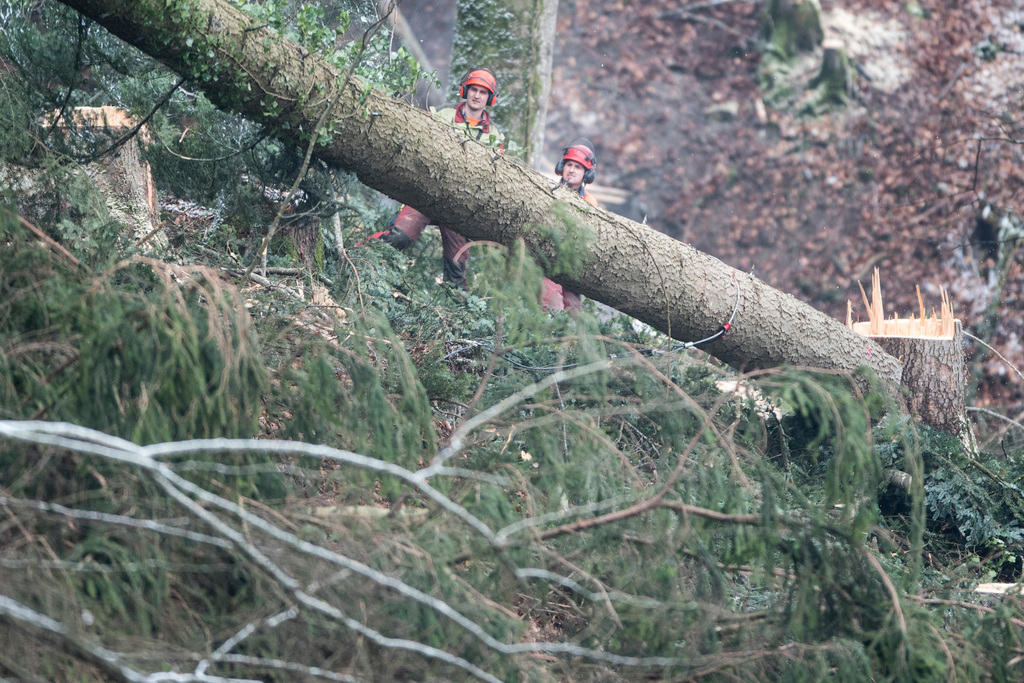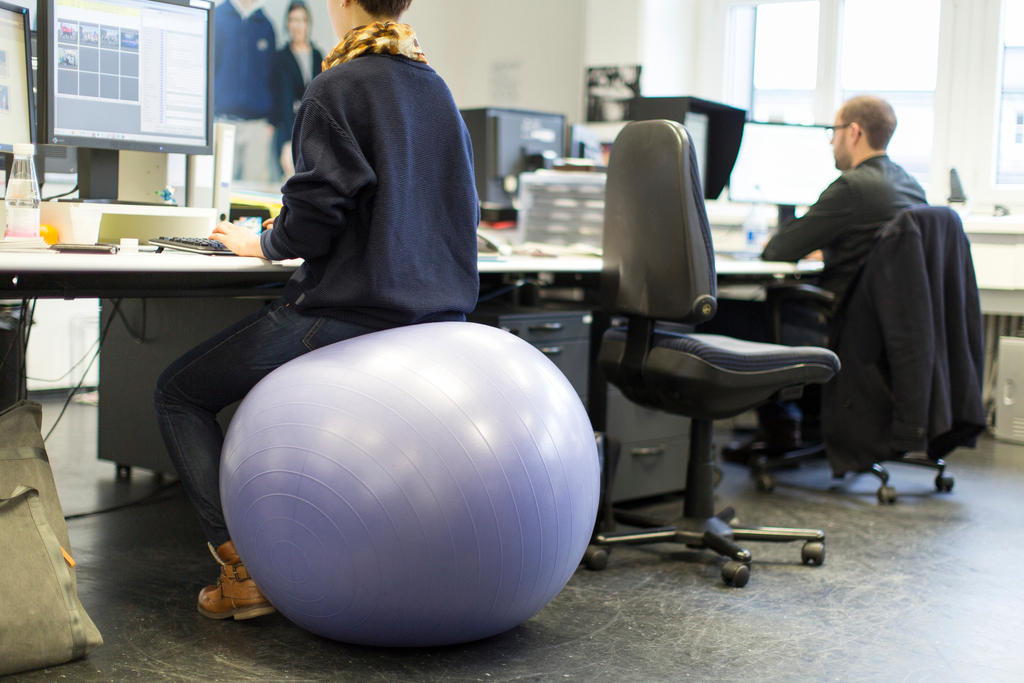
Swiss are the second-most hardworking Europeans

Full-time workers in Switzerland remain among the most industrious in Europe – even if the trend is for less work and more holidays.
Last year, the average working week of full-time employees was 41 hours and seven minutes, 15 minutes less than in 2012, the Federal Statistical Office saidExternal link on Thursday. Over the same period the average amount of holiday for these employees rose from 5.05 weeks to 5.14 weeks.
In an international comparison using statistics from EurostatExternal link, the European Union’s statistics office, only full-time workers in Iceland put in longer hours. France and Finland were at the bottom of the list.
When broken down into sectors, full-time farmers and foresters worked the most in Switzerland, notching up 45 hours and 35 minutes a week. They were followed by those in the hospitality industry (42 hours and 30 minutes) and bankers and insurers (41 hours and 44 minutes).
In total, 7.8 billion hours were worked in Switzerland in 2017, down 0.4% on the previous year, although the Statistical Office pointed out that more public holidays had fallen on work days than in 2016. Had that not been the case, the total figure would have been 0.5% higher.

More
How many hours do you work a week?

In compliance with the JTI standards
More: SWI swissinfo.ch certified by the Journalism Trust Initiative

























You can find an overview of ongoing debates with our journalists here . Please join us!
If you want to start a conversation about a topic raised in this article or want to report factual errors, email us at english@swissinfo.ch.